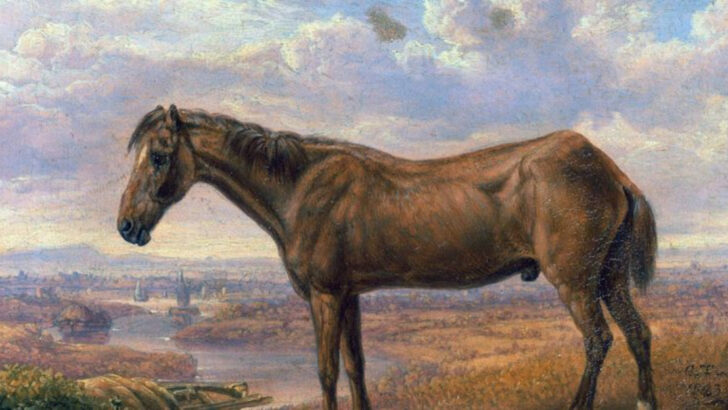Discover the captivating world of the oldest horse ever documented, exploring the fascinating facts and age-old care secrets that contributed to its extraordinary longevity.
This blog post takes you through an enlightening journey of 15 intriguing items, each shedding light on the horse’s remarkable life and the traditional practices that helped it thrive.
From its unique diet to its social habits, these insights not only celebrate an extraordinary equine life but also offer valuable lessons for horse enthusiasts and caregivers alike.
Join us as we unravel the mysteries behind this majestic creature’s long and prosperous life.
Longevity of Old Billy
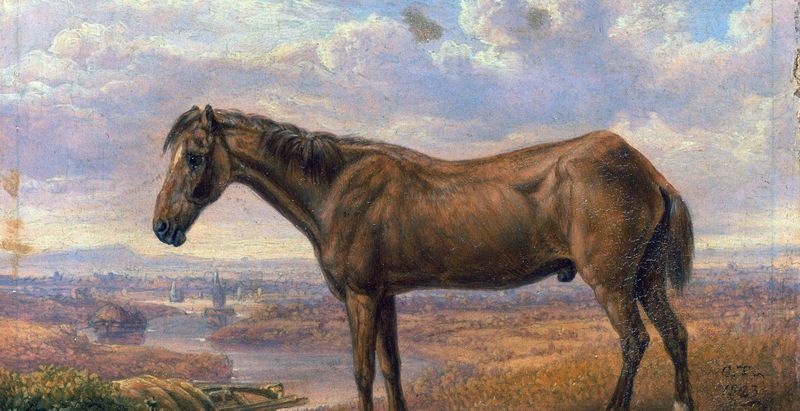
Old Billy, a barge horse from Lancashire, England, astonished the world with his incredible lifespan of 62 years. Born in 1760, he worked on the canals, pulling barges and assisting in the transportation of goods.
His extraordinary age has made him a legend in the annals of equine history. What set Old Billy apart was not just his age but his robust health throughout his life.
Despite his demanding work, he exhibited strength and resilience that defied expectations. Old Billy’s existence is a testament to the enduring spirit and vigor of horses when cared for with dedication and love.
A Balanced Diet
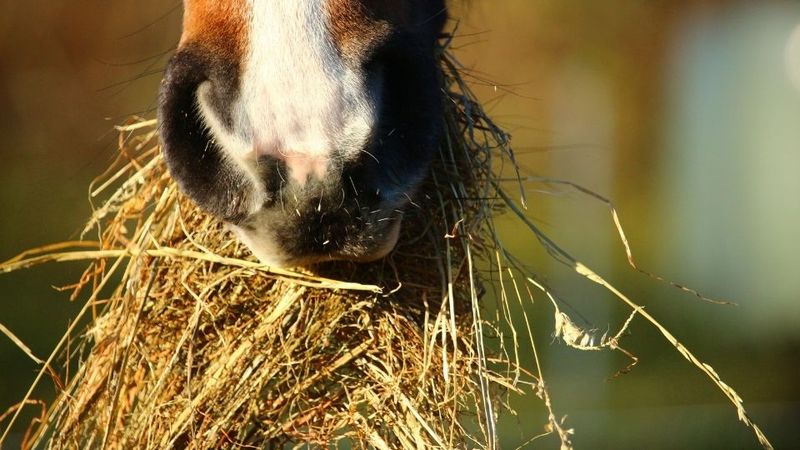
The secret to a horse’s long life often lies in its diet. Old Billy’s caretakers provided him with a balanced diet rich in grains, hay, and fresh vegetables. This wholesome diet was not only nutritious but also tailored to meet his needs as a working horse.
Such a diet ensured that he received essential nutrients, promoting overall health and vitality. A well-planned diet is crucial for maintaining a horse’s energy levels, supporting muscle growth, and strengthening bones.
By feeding horses like Old Billy with care, owners could enhance their longevity and quality of life.
Regular Exercise
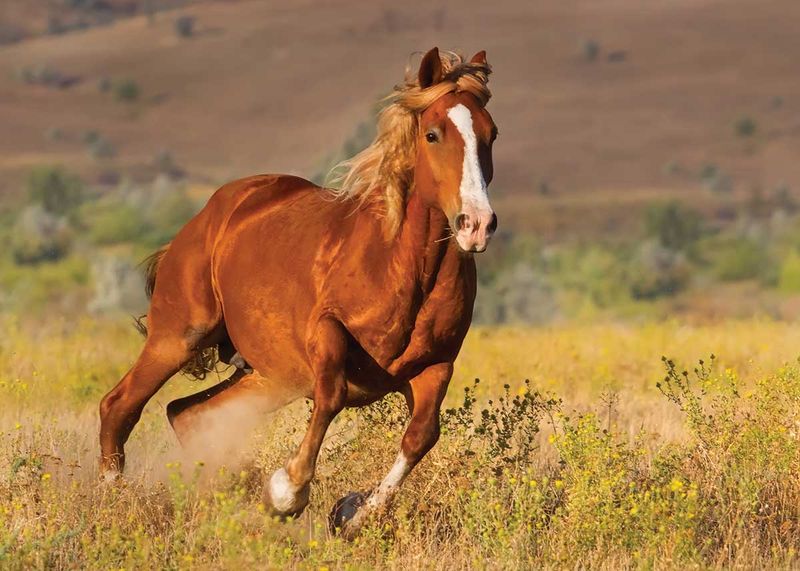
Regular exercise was a cornerstone of Old Billy’s lifestyle, contributing significantly to his long and healthy life. As a working horse, he engaged in daily activities that kept him fit and active.
Exercise is vital for horses, helping to maintain muscle tone, improve circulation, and boost mental well-being. Engaging in varied exercises, from gentle walks to vigorous gallops, ensures that horses remain physically and mentally stimulated.
Old Billy’s commitment to an active lifestyle is a lesson for modern horse care, emphasizing the importance of movement and exercise for longevity.
Social Interactions
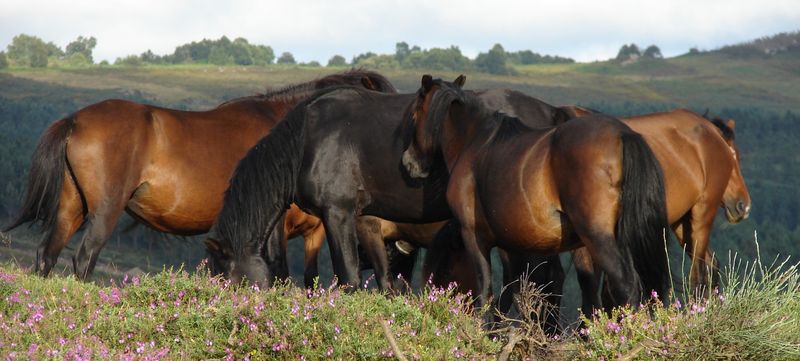
Horses are inherently social creatures, and Old Billy was no exception. His life was enriched by positive social interactions with other horses and humans, fostering a sense of community and belonging.
Companionship plays a crucial role in a horse’s well-being, reducing stress and promoting happiness. By understanding the social needs of horses, caretakers can create environments where they thrive emotionally and physically.
Old Billy’s life reminds us of the importance of nurturing social bonds, enhancing both the mental and physical health of our equine friends.
Stress Management

Managing stress is essential for ensuring the longevity and health of horses. Old Billy benefited from a calm and supportive environment, which minimized stress and promoted relaxation.
Stress can have a profound impact on a horse’s health, leading to issues such as weight loss and behavioral problems. By providing a stable and serene environment, caretakers can help horses manage stress more effectively.
Old Billy’s life exemplifies the positive outcomes of stress management, highlighting its importance in equine care and the pursuit of a long, healthy life.
Veterinary Care
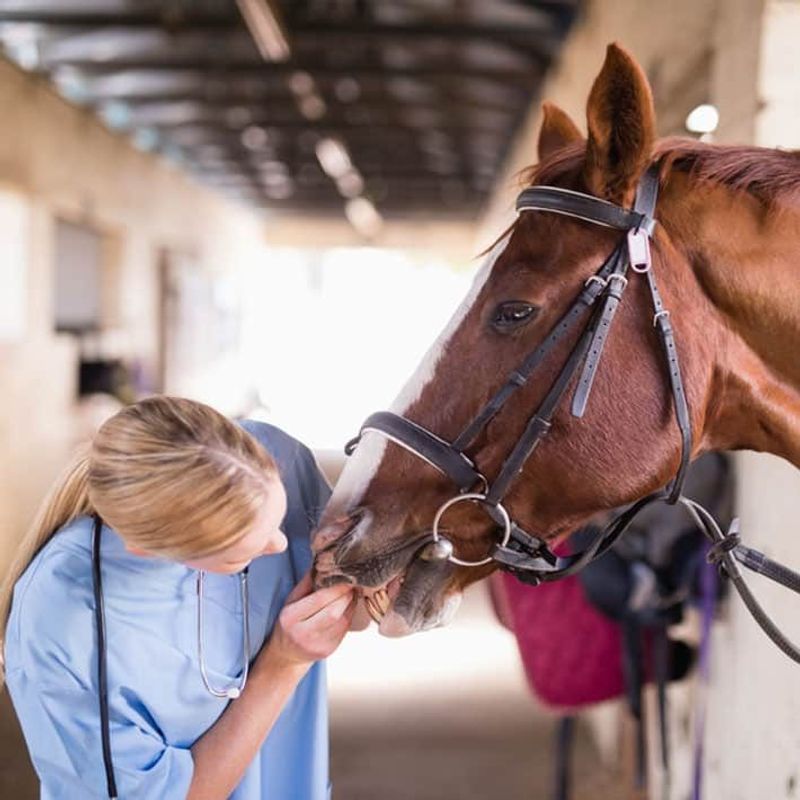
Routine veterinary care played a critical role in Old Billy’s life, ensuring he received timely medical attention when needed. Regular check-ups and vaccinations helped in maintaining his health and detecting any potential issues early.
Veterinary care is an indispensable aspect of responsible horse ownership, providing an opportunity to monitor health, prevent diseases, and address any concerns.
Old Billy’s experience underscores the value of professional medical care in extending a horse’s life and enhancing its quality. Through regular veterinary visits, horses are given the best chance at a long, fulfilling life.
Proper Hoof Care
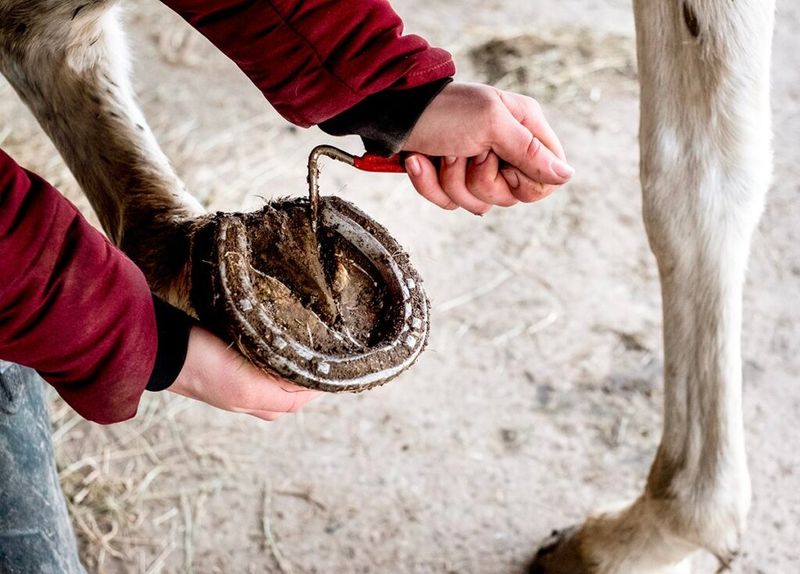
The well-being of a horse is often reflected in the condition of its hooves. Old Billy’s caretakers prioritized proper hoof care, understanding its significance in his overall health.
Regular trimming and cleaning of hooves prevent issues such as infections and lameness, allowing horses to move freely and comfortably. Proper hoof care is a fundamental aspect of equine management, contributing to a horse’s longevity and well-being.
Old Billy’s enduring life serves as a reminder of the importance of maintaining healthy hooves, ensuring mobility and comfort throughout a horse’s years.
Traditional Grooming
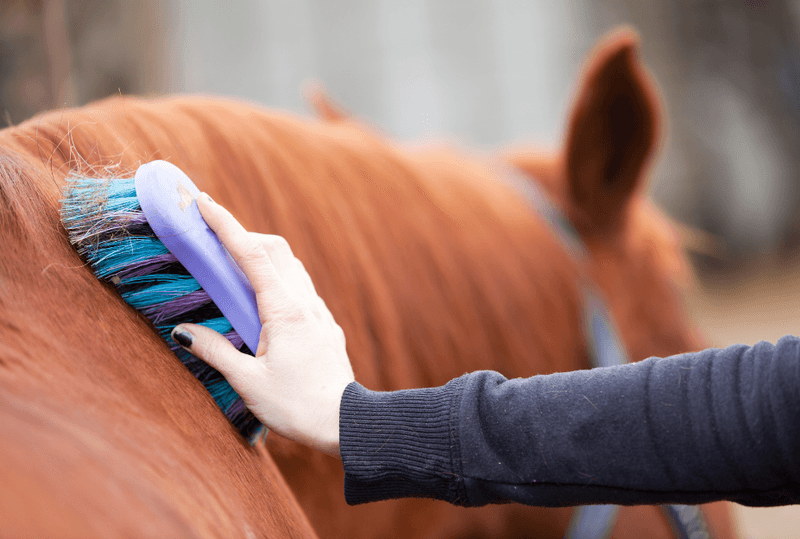
Grooming was more than a routine for Old Billy; it was a cherished tradition that strengthened the bond between him and his caretakers. Regular grooming sessions kept his coat clean and skin healthy.
Grooming is essential for horses, removing dirt and debris while promoting circulation and relaxation. It serves as an opportunity for caretakers to assess a horse’s health and well-being.
Old Billy’s grooming rituals are an example of the tender care that can extend a horse’s life, enhancing both its physical appearance and emotional connection with humans.
Environmental Enrichment
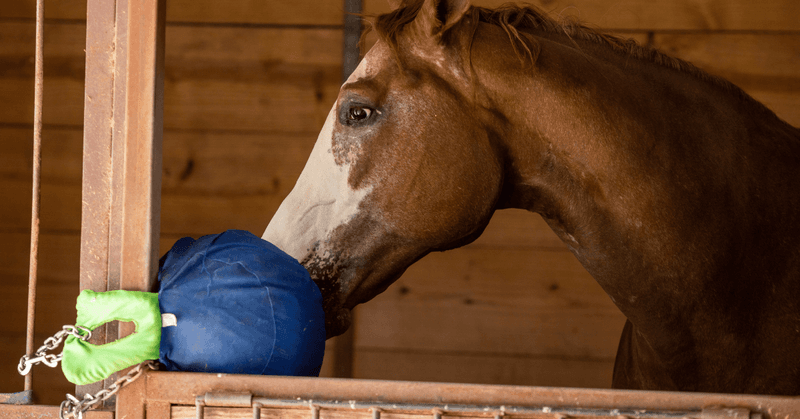
Environmental enrichment was a key component of Old Billy’s life, keeping him mentally engaged and content. By providing a stimulating environment, his caretakers ensured he never grew bored.
Enrichment activities, such as toys and varied terrain, encourage exploration and curiosity, vital for a horse’s mental health. Keeping a horse mentally stimulated prevents issues like anxiety and depression, promoting a happier, healthier life.
Old Billy’s story highlights the importance of an enriched environment, demonstrating how it contributes to both longevity and a fulfilling equine experience.
Natural Living Conditions
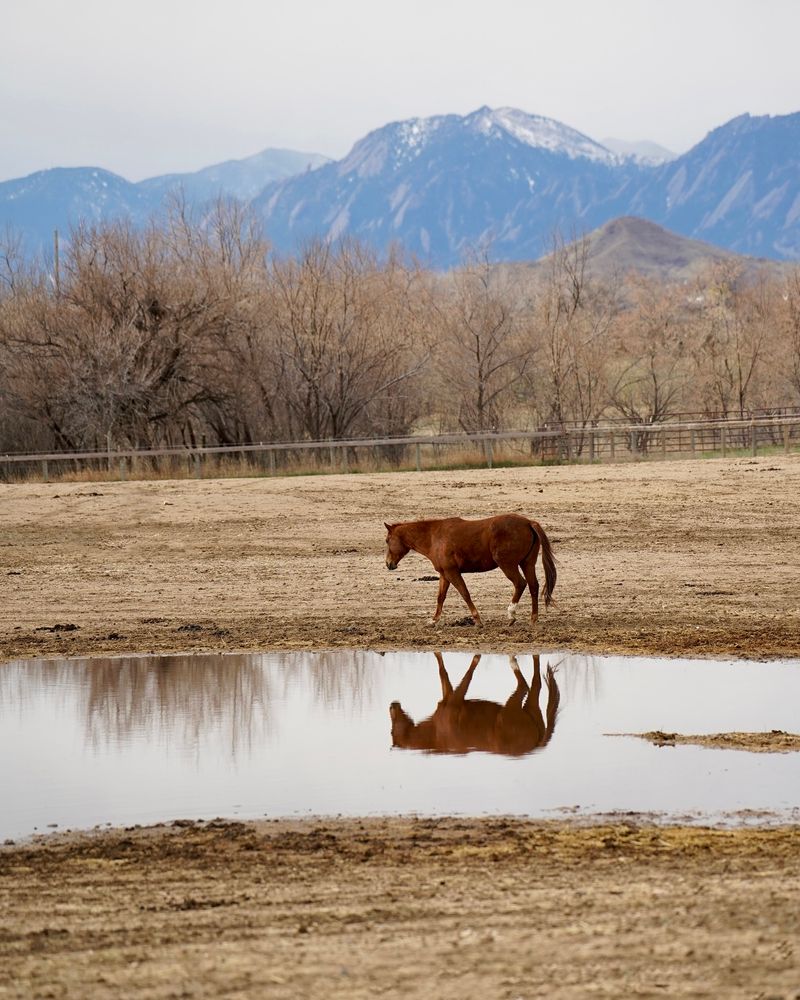
Old Billy thrived in natural living conditions, sharing a harmonious relationship with his environment. Access to open fields and natural habitats allowed him to live as nature intended.
Natural living conditions offer horses the freedom to roam, graze, and engage in instinctive behaviors. This lifestyle reduces stress and enhances well-being, reflecting positively on a horse’s health and lifespan.
Old Billy’s experience underscores the value of maintaining natural habitats for horses, fostering a connection with nature that supports their emotional and physical health.
Resilient Genetics
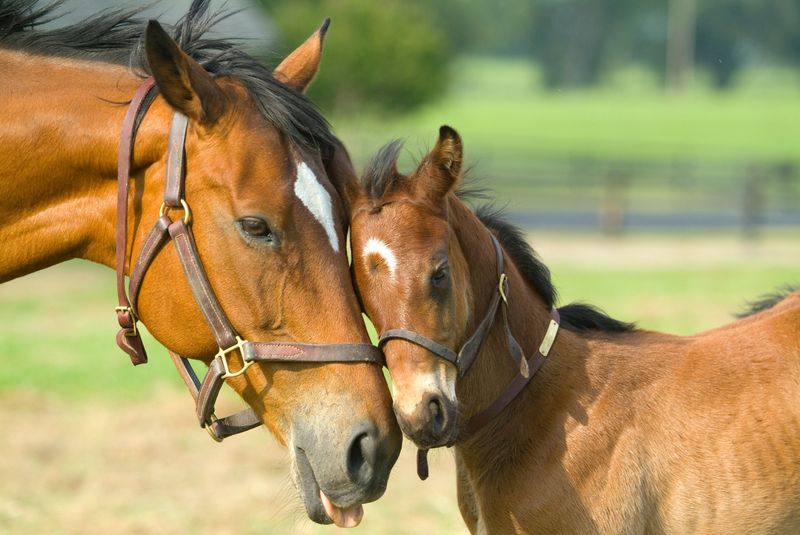
Genetics played a crucial role in Old Billy’s longevity. His lineage endowed him with strong, resilient genes that supported his remarkable life span.
Selective breeding practices focus on enhancing desirable traits, ensuring healthier and more resilient horses. Understanding the genetic makeup of horses can aid in predicting their potential for longevity and vitality.
Old Billy’s genetic heritage highlights the importance of considering genetics in breeding decisions, contributing to a legacy of strength and endurance in the equine world.
Positive Reinforcement
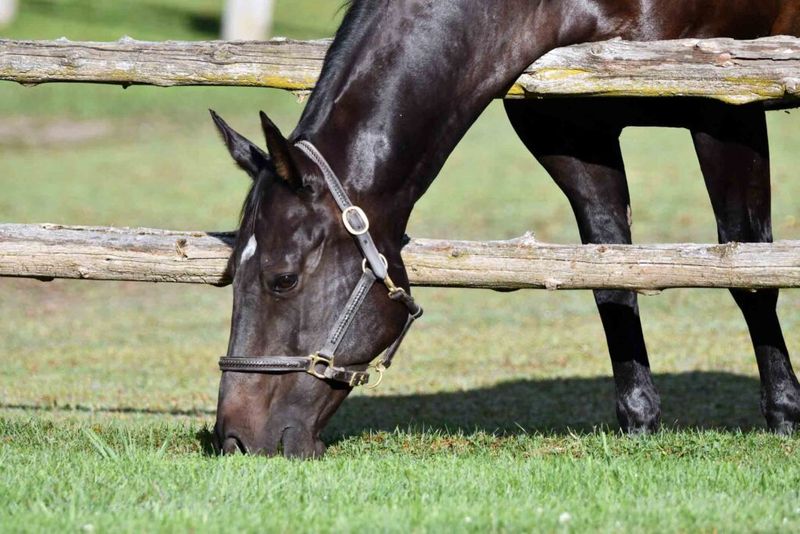
Positive reinforcement was an integral part of Old Billy’s training, fostering a cooperative and trusting relationship with his handlers. Reward-based training techniques encouraged him to learn and perform tasks willingly.
Such methods enhance a horse’s confidence and willingness to engage, promoting a harmonious partnership with humans. Positive reinforcement is not just about training; it’s about building a bond of trust and understanding.
Old Billy’s experience demonstrates the effectiveness of compassionate training methods in developing well-behaved and emotionally secure horses.
Consistent Routine
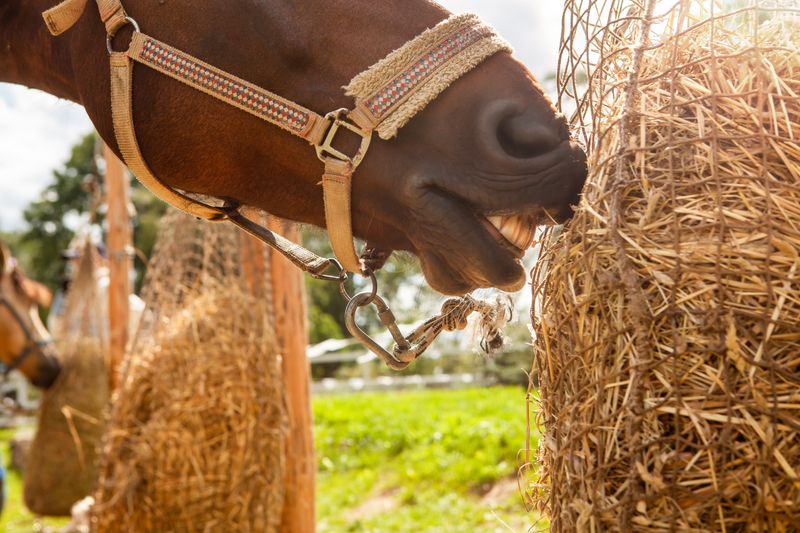
Consistency was a hallmark of Old Billy’s life, with a stable daily routine providing him with structure and predictability. Regular feeding, exercise, and care created a sense of security.
A consistent routine helps horses adapt to their environment, reducing anxiety and promoting stability. By adhering to a regular schedule, caretakers can ensure that horses feel secure and content.
Old Billy’s life reflects the benefits of a consistent routine, highlighting its role in fostering a stress-free and healthy lifestyle for horses.
Love and Attention
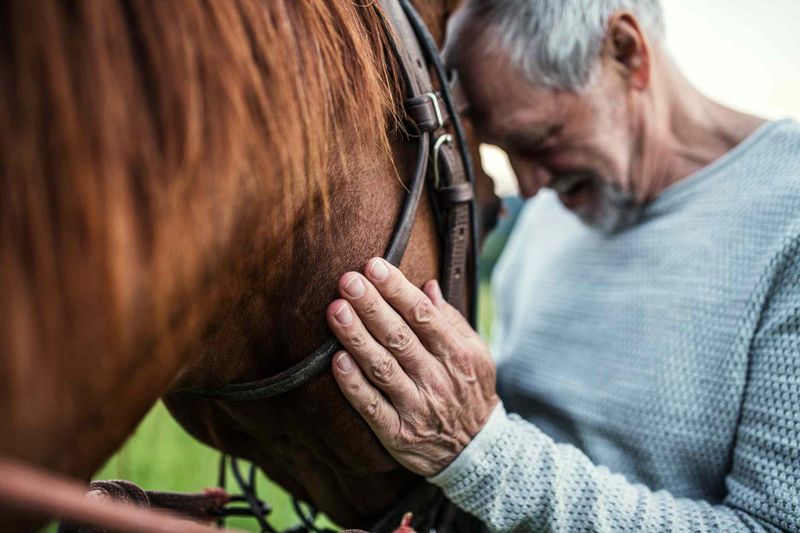
Love and attention formed the core of Old Billy’s care, providing him with the emotional support he needed to thrive. His bond with his caretakers was built on trust, affection, and mutual respect.
The emotional connection between humans and horses plays a pivotal role in their well-being. Horses respond positively to kindness and attention, enhancing their quality of life.
Old Billy’s enduring bond with his caretakers serves as a powerful reminder of the importance of love and compassion in ensuring a long, fulfilling life for our equine companions.
Historical Significance
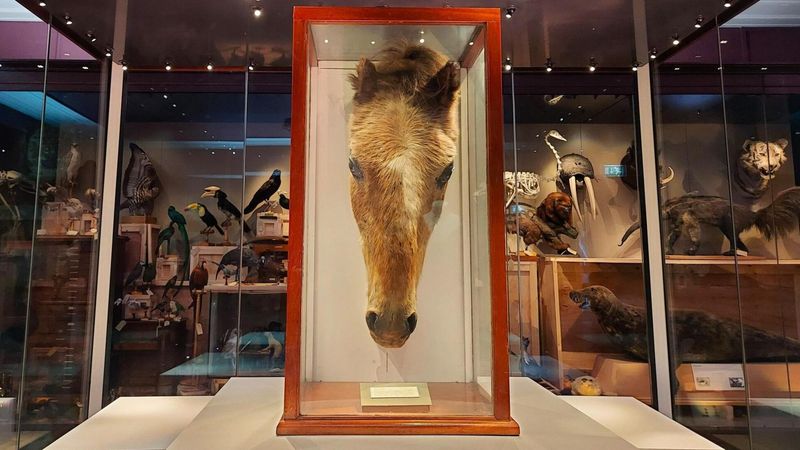
Old Billy’s story is not just about longevity; it’s a piece of equine history that continues to inspire horse lovers worldwide. His lifespan and life experiences provide insight into the past, reflecting the evolution of horse care over centuries.
Understanding historical contexts helps us appreciate the advancements in modern equine management. Old Billy’s historical significance lies in his role as a symbol of resilience and endurance, reminding us of the timeless bond between humans and horses.
His legacy lives on, influencing how we care for and value these magnificent creatures today.

